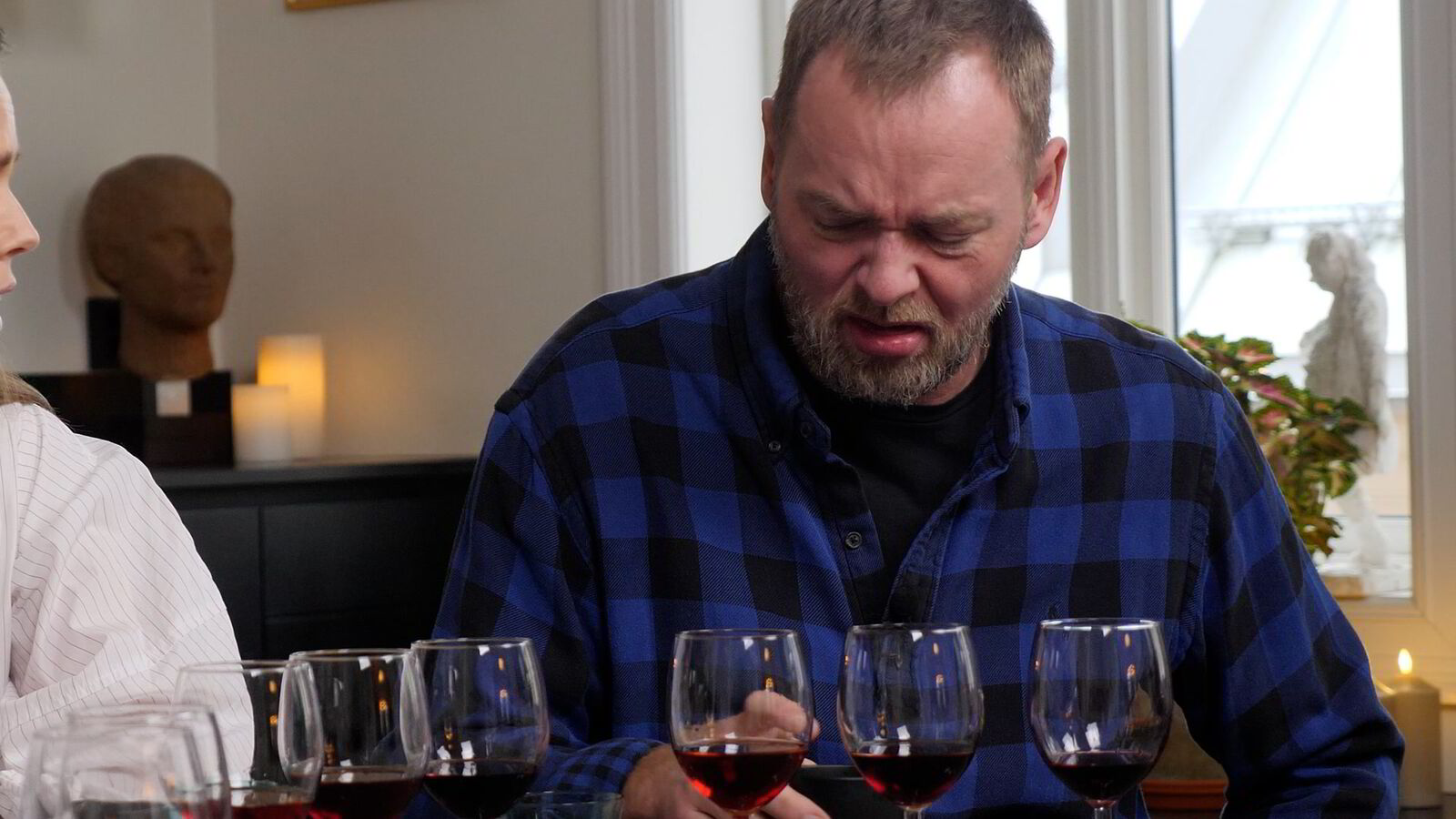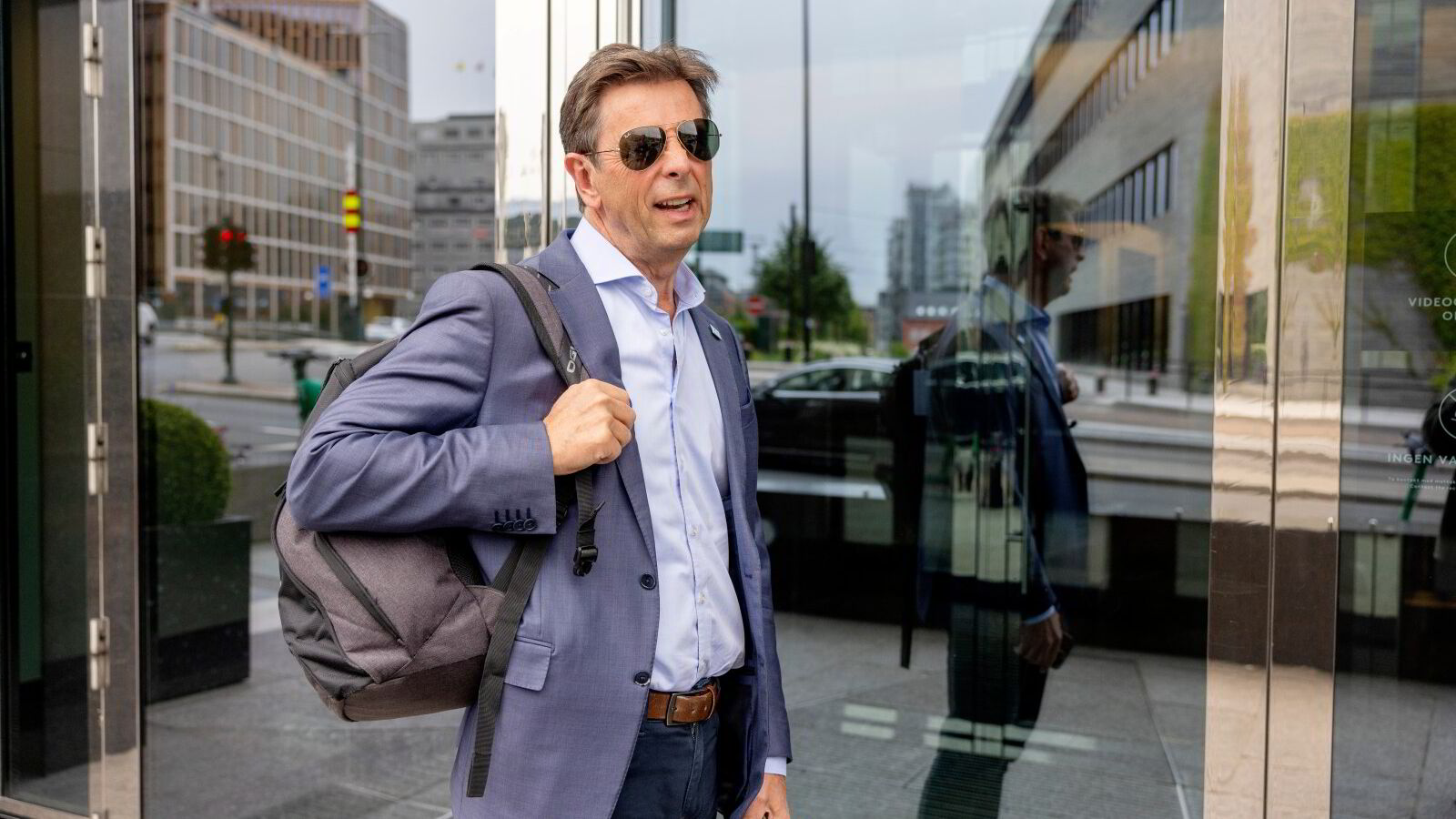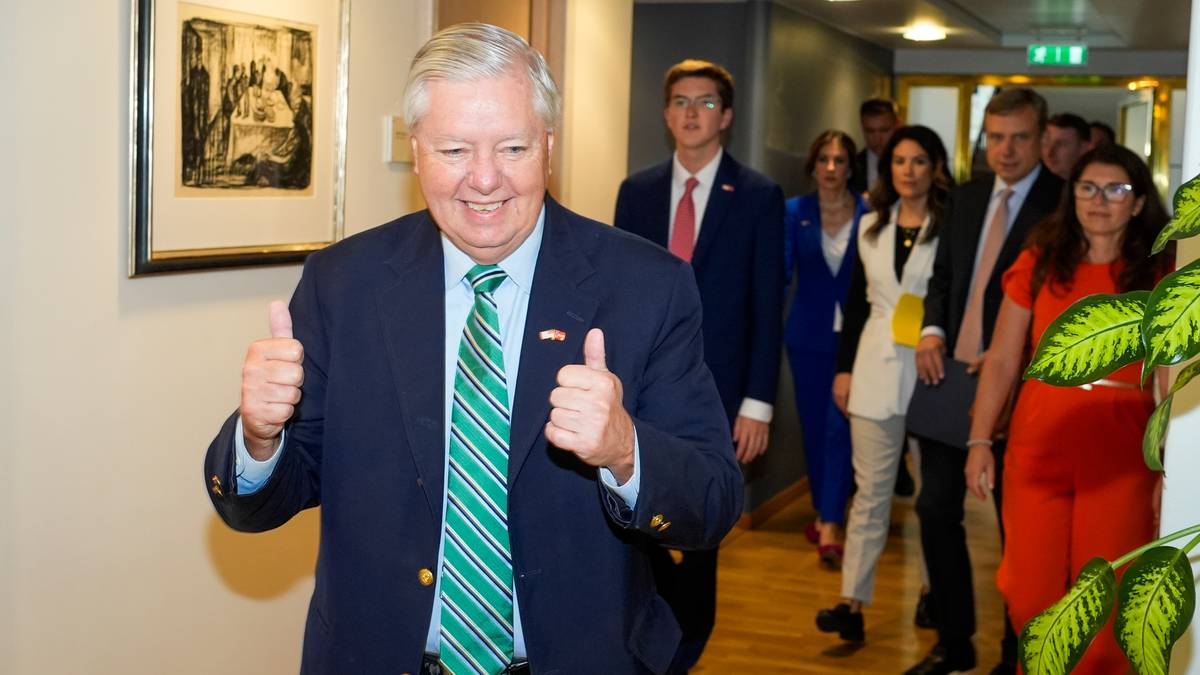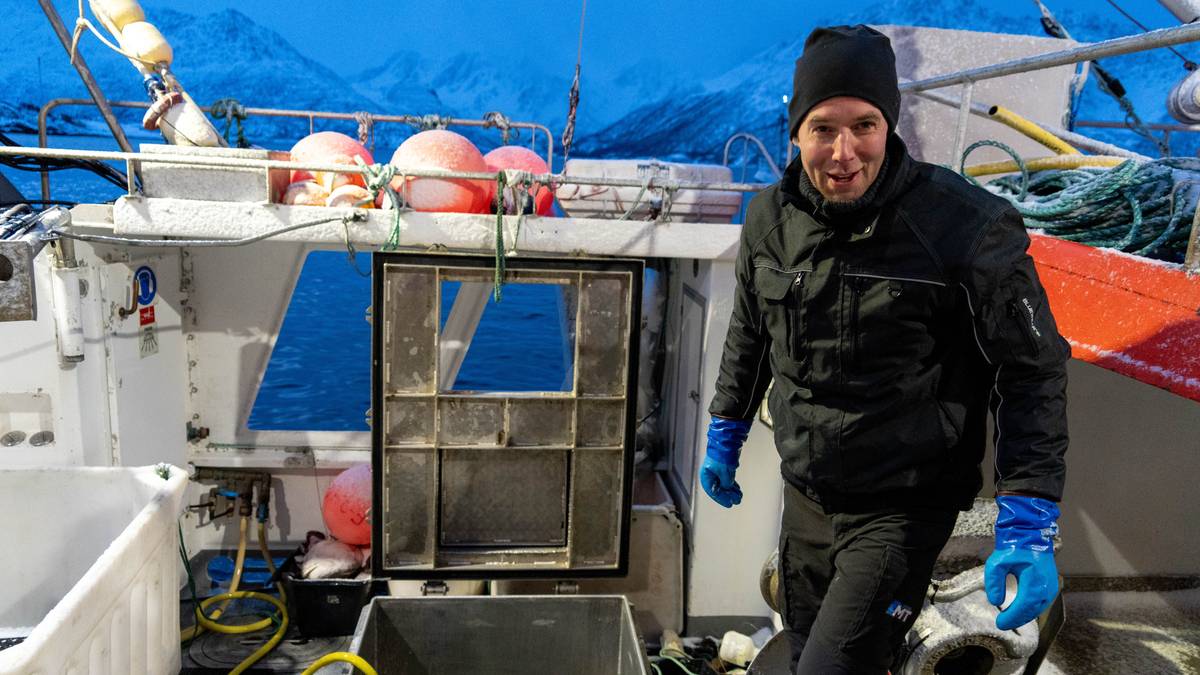People in Russia are unable to access YouTube amid an alleged crackdown on the video hosting site.
Russian internet monitoring service Sboi.rf said there had been reports of thousands of glitches with the Google-owned video service.
Users said the site was only accessible via virtual private networks (VPNs), which give users access to remote servers -often in a different country - and lets them sidestep website blocks and firewalls on the internet.
Sky’s Moscow correspondent, Ivor Bennett, also reported that he was unable to access the site. It is unknown if the glitch is permanent or not.
The website remained available via some mobile devices.
YouTube, which is owned by US firm Alphabet, the parent company of Google, is one of the last major Western platforms on the Russian internet that publishes content made by Kremlin opponents.
Such content has largely been removed from other social media sites popular in Russia.
In recent weeks, the site’s download speeds have notably slowed, which Russian politicians have blamed YouTube owners for - something the company disputes.
Alexander Khinshtein, head of a parliamentary committee on information policy, warned last month that YouTube speeds would drop by as much as 70%.
Read more from Sky News:
British Airways halts flights to Beijing
Two NASA astronauts could be stranded in space until 2025

Follow Sky News on WhatsApp
Keep up with all the latest news from the UK and around the world by following Sky News
He said the degradation was "a necessary step, directed not against Russian users, but against the administration of a foreign resource that still believes it can violate and ignore our legislation without punishment".
A spokesperson for YouTube said last week it was aware of reports that some people were unable to access the site in Russia, which it said was not because of any technical issues on its part.
Google and Russia’s state communications watchdog Roskomnadzor both did not respond to a request for comment from Reuters.

 4 months ago
48
4 months ago
48























 English (US)
English (US)